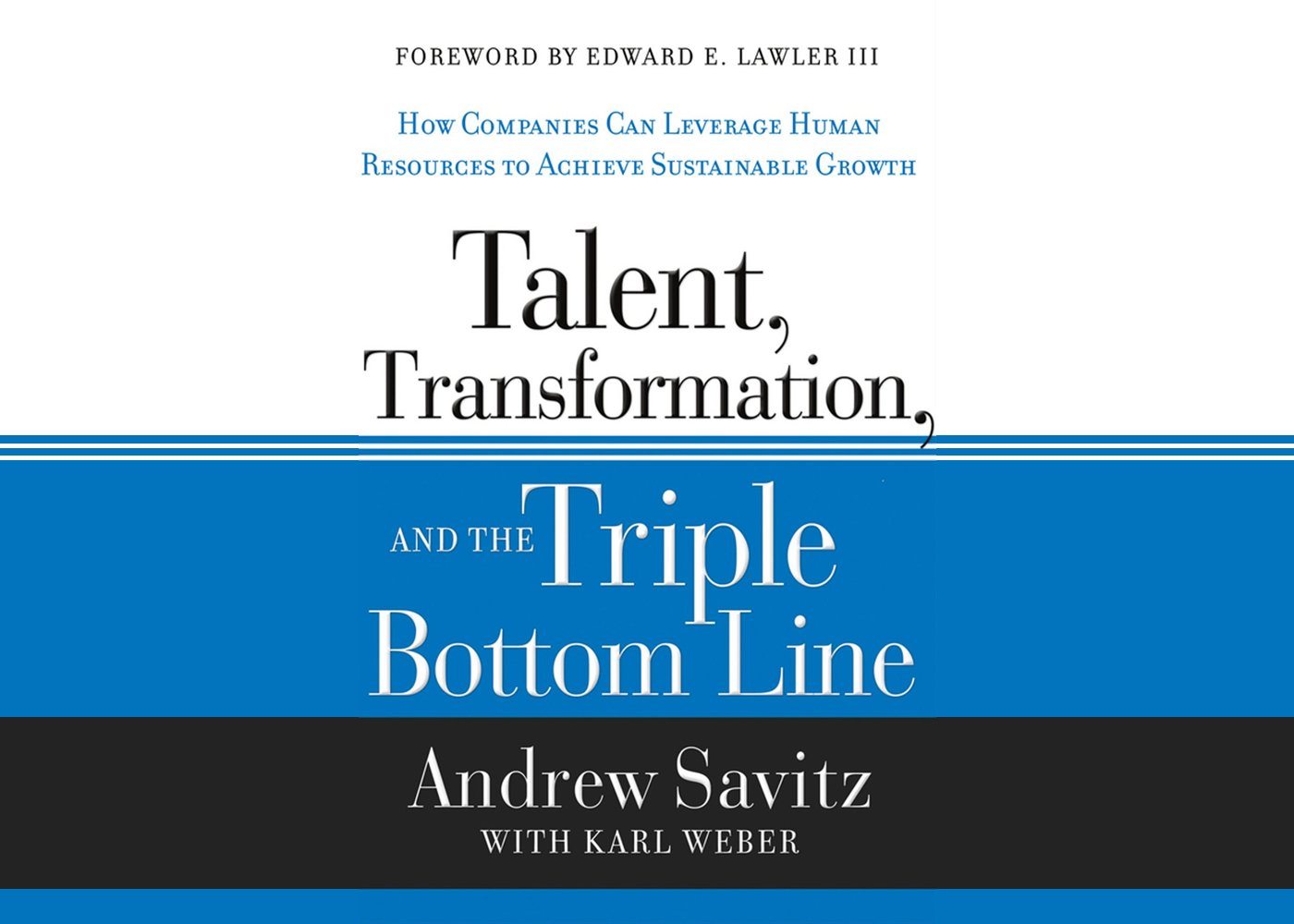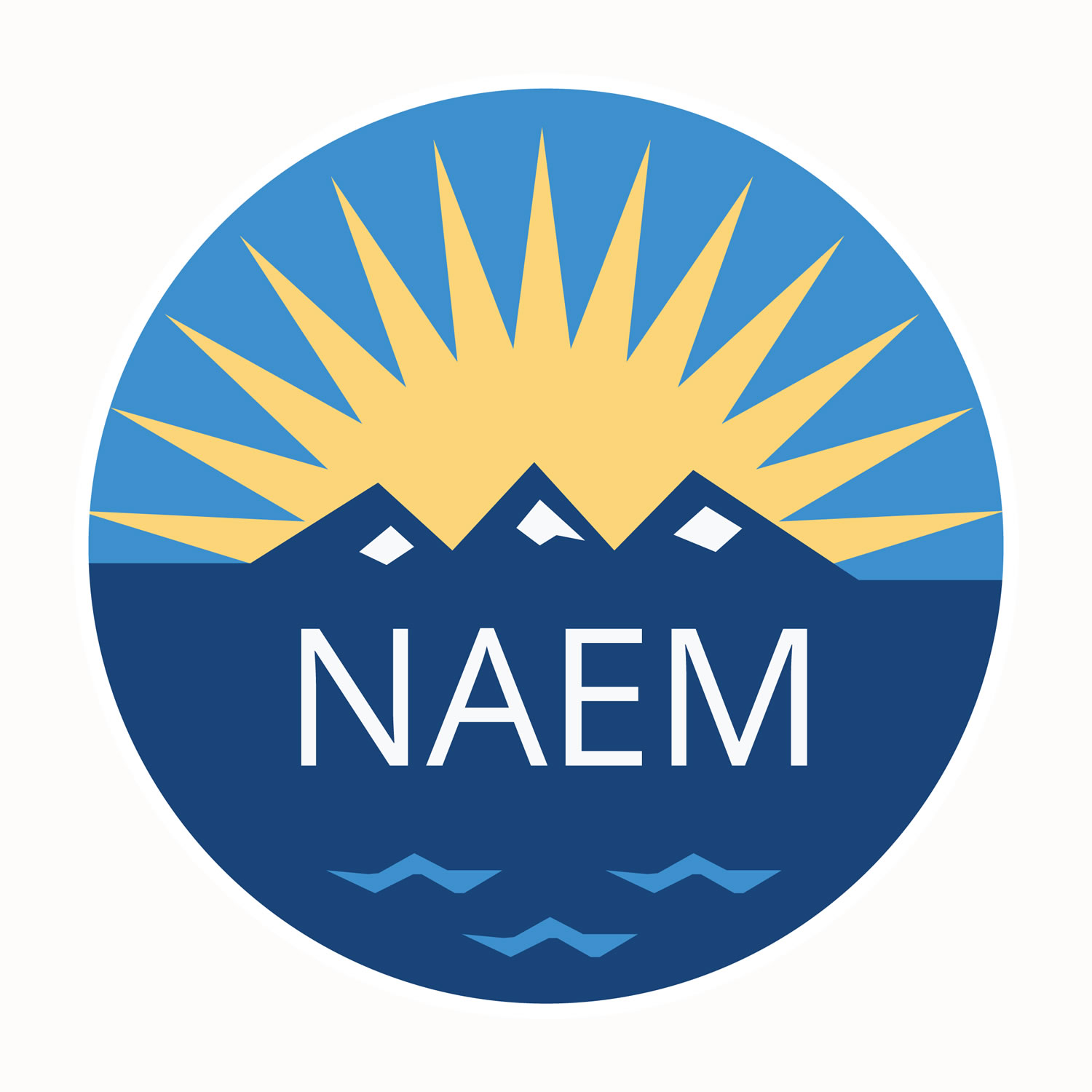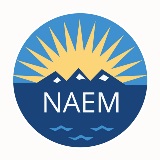Leveraging the Power of HR to Create a Sustainability Culture

Q: Why this topic and why now?
Employees can be a huge source of sustainable advantage, yet most human resource (HR) departments are on the sidelines when it comes to sustainability. This book shows HR professionals how they can help their organizations achieve triple bottom line success while advancing traditional HR goals. The book also shows sustainability professionals and business leaders how to leverage HR for sustainable advantage.
Q: What role do you think HR can play in sustainability?
A: At the end of the day, it's about changing behaviors. And HR has its hands on a lot of levers within organizations that influence behavior, from recruitment and hiring, to performance measurements, incentives, promotions and training. In my book I've identified four areas in which HR can play an important role in sustainability: culture change, organizational capacity, employee engagement and embedding the triple bottom line in core HR processes.
Q: What are your recommendations for how HR should approach recruitment to support a company' sustainability efforts?
A: There are many, but one is if your company is doing something positive for the environment or with the community or social issues, that should be part of your employer branding materials. I talked with a corporate executive today who said that according to his company's data, 40 percent of applicants mentioned sustainability as something important to them. So that's a very simple connection between HR and the triple bottom line. It gets a little more interesting when companies like Starbuck's start to really go after values. This is an example of a business model that depends on having people who are motivated not just by their paychecks and the traditional career opportunities, but also by what the company is doing in society.
Q: What are the kinds of skill sets HR professionals should be looking out for to build a team capable of executing that company's sustainability vision?
A: One of the things I talk about is the workplace of the future. This is on the minds of a lot of HR professionals. What are the kinds of skills we will need two years from now, five years from now? Issues such as climate change, water scarcity and urbanization companies are going to have something to do with the kind of people you're going to want to hire.
On a more basic skills level, engineers didn't often consider the relationship between design and environmental impact thirty years ago. Now, these issues are being built in at the front end of design, or research, and engineers are being trained to recognize and address them. We're aware that the design of a new shoe style entails environmental issues, so material and shoe designers are being trained so that they won't inadvertently make bad environmental decisions at the beginning of the process. To build electric cars, automobile companies must hire and train employees with whole new skill sets.
The workforce of the future is going to include new skills, new knowledge, new qualifications based on environmental, social and economic issues. At the same time, they are going to be looking for opportunities to have that kind of impact in the workplace. Employees are coming out of colleges and graduate programs that focus on sustainability and are expecting to use the new skills and knowledge they've acquired. My kids are Millennials, and when they become members of the workforce, these issues are going to be front and center because every day is Earth Day in today's elementary and high schools. So it's going to be both a push and a pull. Employees are going to be pushing it; employers are going to be pulling it because these major issues that we're facing are going to be around for a long, long time.
Q: Beyond the understanding of the company's impact along the full value chain, what are some of the other skills needed to build a sustainable organization?
A: One organizational capacity is what I call “outward lookingness”. You want to hire people who are going to help the organization look outward; who can see the interconnections and incorporate them into their decisions. Adaptability is another organizational quality that's going to be increasingly important. Employees are going to need to think faster on their feet and in terms of adapting to some of these issues. So these are some general capabilities that need to be embedded in the workforce of tomorrow. And these aren't qualities that just relate to “going green”; they're front and center for business success.
Q: Are certain skills more important for some roles versus others?
A: A lot of the book is about culture and in terms of sustainability, and a lot of the cultural tension seems to arise at the manager-level within companies. These are the people who have to make the trains run on time, whose incentives are tied to productivity, efficiency and cost management, which can be at odds with certain sustainability principles.
That's where HR can be important. How do you change motivation and behavior? The answer depends on the nature of the job and the stage of the employee in the workforce lifecycle. Some roles are very, very technical. Others require the ability to engage external forces. The importance of adaptability will differ depending on whether someone is a rank and file employee or a leader at the top of the organization.
You can hear more from Andy Savitz at NAEM's 2013 EHS Management Forum on Oct. 23-25 in Montreal or by visiting him online at TheSavitzReport.com.
Topics:
Leadership & Careers
Related
About the Author

NAEM Staff
The National Association for Environmental, Health and Safety, and Sustainability (EHS&S) Management (NAEM) empowers corporate leaders to advance environmental stewardship, create safe and healthy workplaces and promote global sustainability. As the
leading business community for EHS&S decision-makers, we provide engaging forums, a curated network, peer benchmarking, research insights and tools for solving today’s corporate EHS&S management challenges. Visit us online at naem.org.

